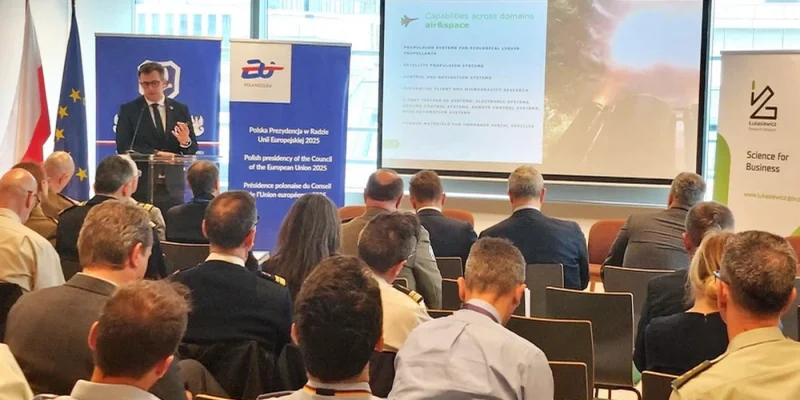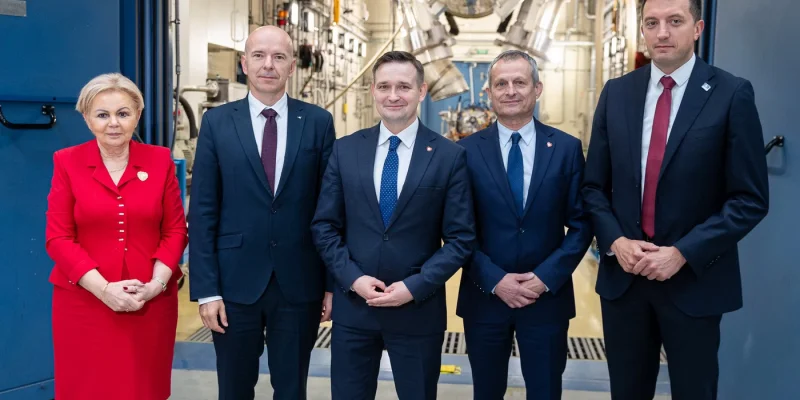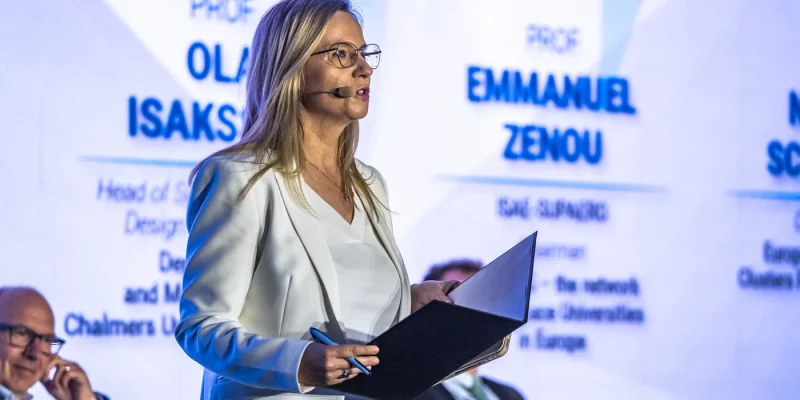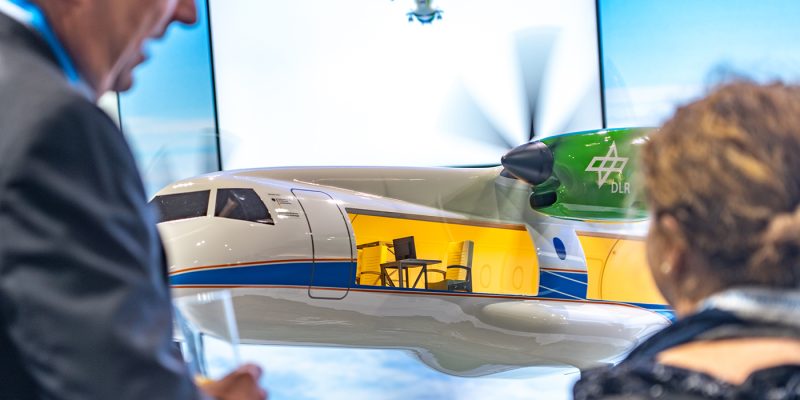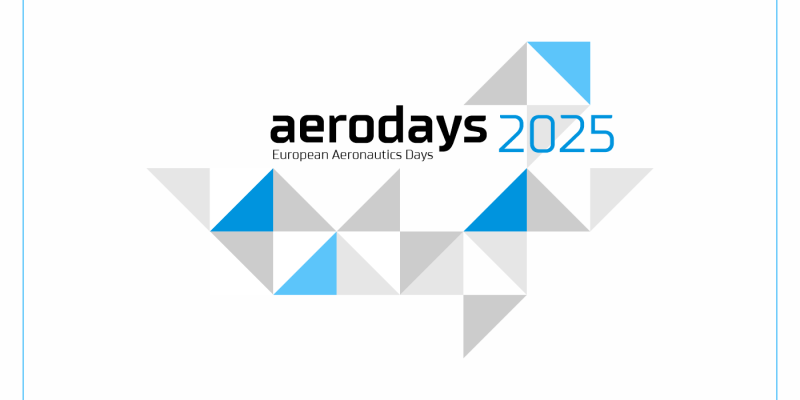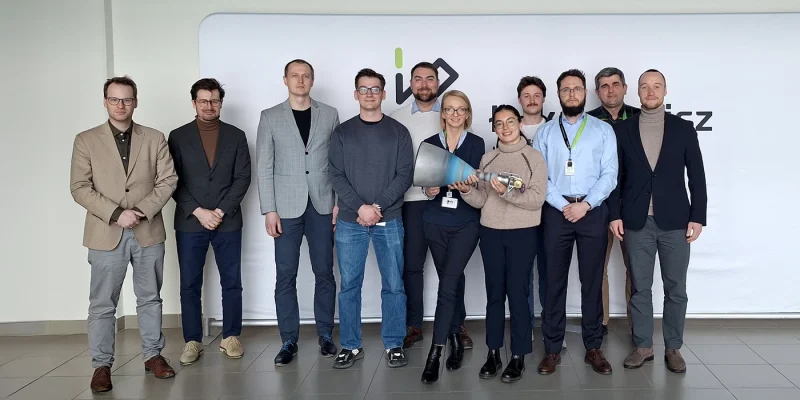Łukasiewicz Research Network – Institute of Aviation is acquiring more and more research grants in space technologies. It is the second, after aviation, area of interest for Warsaw engineers, who implement advanced projects for one of the most promising sectors of the world economy. The Institute implements ten projects financed by the European Space Agency (ESA), of which as many as seven is the leader. National projects are also in the implementation and preparation phase, conducted together with the strongest players on the Polish market.
ESA projects currently implemented in the Łukasiewicz Research Network – Institute of Aviation come from four programmes: Polish Industry Incentive Scheme (PLIIS), Future Launchers Preparatory Programme (FLPP) and General Support Technology Programme (GSTP).
Polish Industry Incentive Scheme (PLIIS)
two new projects in the field of rocket engines are launched under the Polish Industry Support Programme (ESA PLIIS): 1N Monopropellant & 10N Bipropellant Dual Seat Thruster Valve Development (DSVD) and Dual Flow Bipropellant Latching Valve Development (DLVD). Polish company Astronika (DSVD and DLVD) and Airbus D&S (DLVD) participate in the works. The task of the engineers will be to carry out research work and develop development plans for both projects to higher levels of technological readiness.
The same programme will also include a project in cooperation with PZL Mielec to develop a 40L tank for the storage of classic propellant (hydrazine). In addition, engineers will check the possibility of using a hydrogen peroxide or LMP-103S tank.
Future Launchers Preparatory Programme (FLPP)
At the beginning of 2020, the Łukasiewicz Research Network – Institute of Aviation also started work on building a propulsion system for the FROG platform (FROG, a ROcket for GNC demonstrations), developed together with ArianeWorks and CNES (Centre National d’Etudes Spatiales). In the near future, this solution will become the base for reusable rockets and landings built in Europe. The main task of engineers of the Łukasiewicz Research Network – Institute of Aviation is to design and test a monopropellant engine with variable thrust level. The first tests of the whole platform are planned to take place next year in France.
A fast track for space technologies
The Łukasiewicz Research Network – Institute of Aviation will also implement projects under the Fast Track programmes financed by the National Centre for Research and Development.
Development and industrial research entitled “The future of the Polish economy” is already underway. “The identification of the place where the maximum temperature occurs is an important element in terms of thermal strength and information about possible thermal stresses in newly designed structures. This service can find its commercial application on the market for launchers and satellite propulsion systems. Currently, there is a lack of such research services on the international market.
At the beginning of April 2020, the POLON: Polish Propulsion Module project will start in turn. The aim of the project will be to develop chemical rocket propulsion for a small satellite and its integration with the Hypersat platform, developed by Creotech. It will also be the first chemical rocket propulsion in space, designed and built in Poland. POLON will be based on propulsion technologies developed by the Łukasiewicz-Institute of Aviation Research Network. They use an ecological propellant, i.e. highly concentrated hydrogen peroxide, the method of production of which was patented by the Institute.




